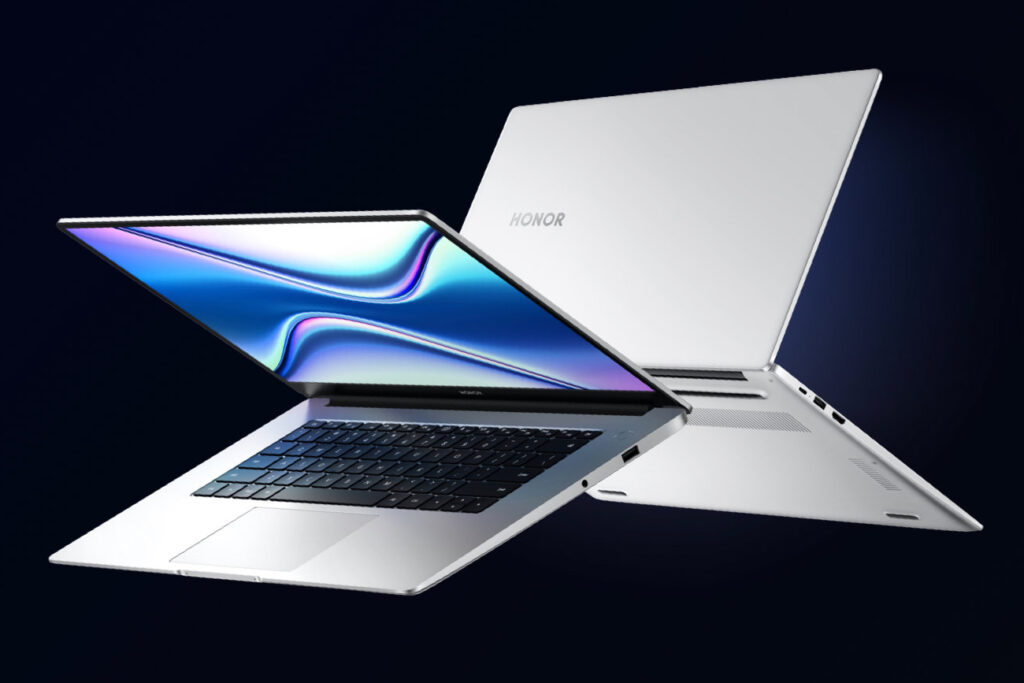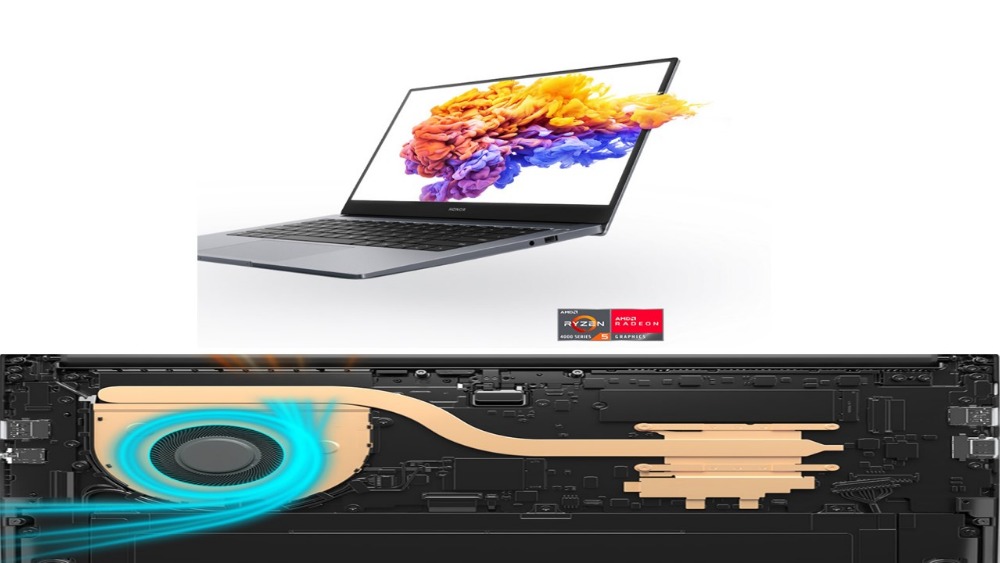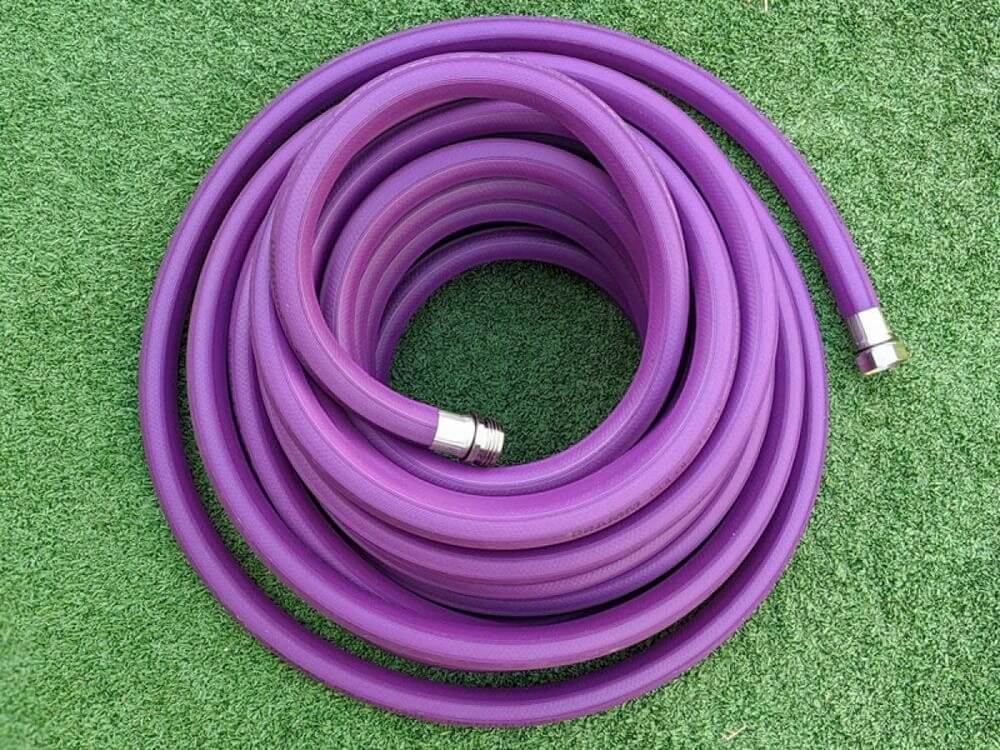Laptops are in use by people of all ages in today’s world. Either you’re a professional business person, a content creator, a gamer, or a person who has a laptop for random use. All of us are using laptops due to their portability and easy to handle features.
Before you go out and purchase a portable computer, specifically a windows 10 laptop, there are a few essential features you should keep in mind.
Here are some most important factors to look for when shopping for a new device. It became so tricky to choose a laptop between so many modes and brands available in the market, but with this guide, you’ll be able to make an informed decision!
Graphical Power
The power of graphic card is one of the crucial things to consider while buying a laptop. For example, if you’re planning on using your machine for everyday tasks such as web browsing and document editing, you won’t require a particularly powerful graphics card. However, if you plan to play games on your laptop or do more intensive graphics work3, you’ll need a more advanced GPU.
A powerful graphics card is essential for any machine that will be used for gaming or intensive graphical tasks (let’s say content creation), but they also come with their own unique set of problems. Nvidia GeForce and AMD Radeon graphics cards generally consume more power than an integrated GPU (which is included in the CPU). As such, they can result in higher power usage and heat generation. If you are doing any gaming or graphical work on your laptop, it’s important to buy one with a powerful graphics card – but make sure that the rest of your machine is up to scratch too!
Speed
When buying any piece of technology, one thing that’s always important to consider is speed. The speed of a laptop can be broken down into four important factors:
- Boot time
- Application load time
- File search times and
- Read/Write speeds.
These are all simple to test yourself with free software, so don’t think you have to stick with one laptop just because somebody told you it’s fast!
The best way to judge how fast your laptop is to try booting it up and loading it with some applications. You can test this by opening more than one program that you usually use (such as Microsoft Word and Skype) at the same time and see how long each takes to load. If one of them has a noticeably longer load time than the other, you’ve found your culprit unless, of course, it’s just a feature of your machine.
RAM
Mostly laptops come with an SSD, but they can differ dramatically in speed, both read/write speeds and access times. This is actually the slowest component on your laptop (due to limitations in RAM), so there’s no reason to upgrade it until you’ve upgraded your HDD. For most purposes, an SSD on SATA 3 (6.0 GB/s) or SATA 2 (3.0 GB/s) is more than fast enough, and if you’re worried about file search times, your computers RAM will be a much bigger bottleneck!
The amount of RAM that your computer comes with is another important factor to consider. Many people don’t realize this, but the more RAM you have on your machine, the faster it will generally be. This is because applications and files can be stored in dedicated memory instead of being written to disk, resulting in significantly higher read/write speeds.
Most users don’t need to upgrade their RAM, but if you use your laptop for machine learning or intensive 3D work, you should consider getting more RAM. Most laptops come with between 4 and 16 GB of RAM built-in, so purchasing an extra 8GB can noticeably improve performance.
Pay Attention to Processors
When it comes to the specs of laptops, one of the first things you’ll hear people talk about is the processor. Laptops often have more than one core in their processor, which allows them to handle multiple tasks at once, making your computer faster and more efficient. Processor speeds are measured in GHz so that a 2GHz dual-core will be faster than a 1.8GHz quad-core.
Summing Up:
When shopping for a laptop, you have to remember that it will be an expensive and long-term investment. You don’t want to buy it and then find out that it doesn’t do what you need. On the other hand, if you spend too much money on a computer, you could be wasting money that would be better spent elsewhere.
There are countless options available on the market for every need, budget, and brand preference can be extremely frustrating when making this decision and above tips will help you find the best laptop according to your needs.







